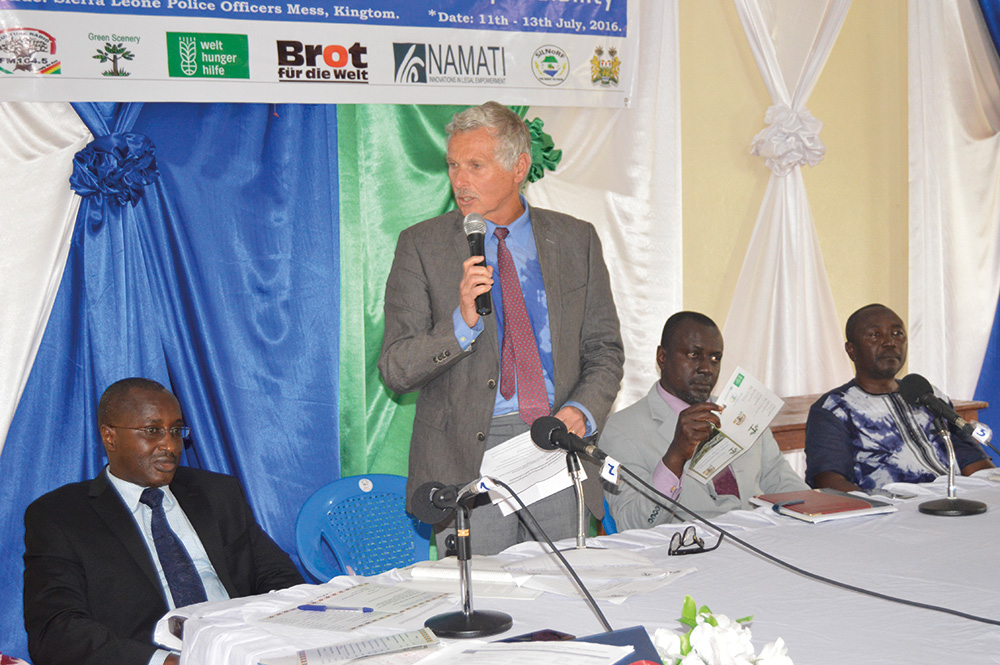The Formalization Fix? Land titling, state land concessions, and the politics of spatial transparency in contemporary Cambodia
In a widely read paper, the United Nations Food and Agriculture Organization, World Bank and others propose systematic property rights formalization as a key step in addressing the problems of irresponsible agricultural investment. This paper examines the case of Cambodia, one of a number of countries where systematic land titling and large-scale land concessions have proceeded in parallel in recent years.






